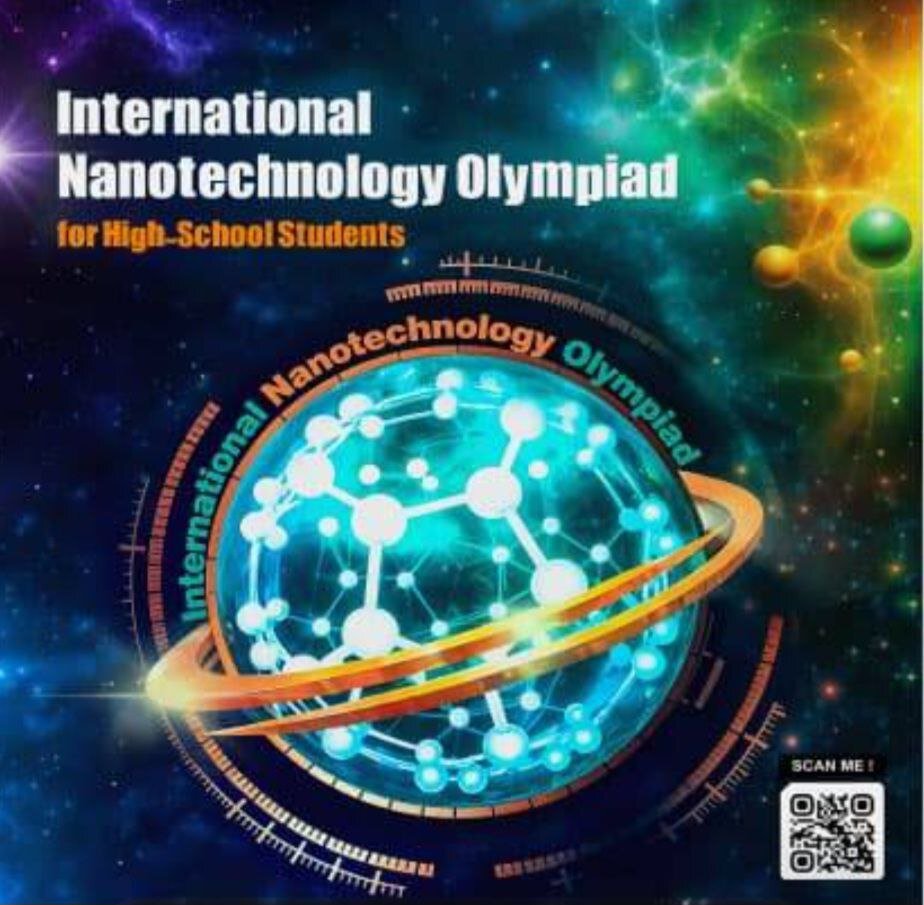Tehran to host 1st Intl. Nanotechnology Olympiad for students

TEHRAN – The first International Nanotechnology Olympiad (INO 2025) for high-school students aged 16-19 will be held in Tehran.
“Students from Iran, Malaysia, Saudi Arabia, the U.S., Venezuela, Germany, Tajikistan, Britain, Bangladesh, Tunisia, and Russia have so far enrolled in the competition,” nanoclub.ir quoted Afshin Rezaei, the secretary of the INO, as saying.
The event is scheduled to be held online on September 28, Rezaei added.
The International Nanotechnology Olympiad presents a unique opportunity for participants to delve into the world of nanotechnology and its potential to address pressing environmental challenges. The competition is structured into two main parts.
The initial phase evaluates participants’ grasp of fundamental concepts in nanotechnology and its environmental applications. To support their preparation, participants can access nine educational films and a comprehensive booklet available on the official website, which cover essential topics and relevant applications. Additionally, they will receive four specialized educational films and a targeted booklet that focuses particularly on nanotechnology’s applications in the environment. This will constitute 70 percent of the overall score.
Idea Generation and Film Submission is the second phase of the competition. In this creative segment, participants are challenged to devise innovative solutions to global issues that can be tackled through nanotechnology. They must create a short film that effectively conveys their ideas and proposed solutions. This part accounts for the rest 30 percent of the total score.
Overall, the Olympiad emphasizes a blend of theoretical knowledge and practical creativity. By combining rigorous assessment with creative project work, the competition aims to cultivate a deeper understanding of the transformative potential of nanotechnology in addressing global challenges.
Iran’s journey in promoting nanotechnology education began in earnest in the Iranian year 1389 (March 2010-2011), when the Iran Nanotechnology Innovation Council (INIC) launched the first National Nanoscience and Nanotechnology Student Olympiad.
This initiative followed a series of successful nano-education programs held in schools across the country and combined a theoretical exam with a hands-on laboratory project.
Over 16 consecutive years, this national event has attracted 113,667 high school students from across the country.
Achievements in nanotechnology
Iran’s achievements in nanotechnology are noteworthy. The country’s investment in nanotechnology research and development, as well as the increase in scientific publications and sales of nanotech products, proves Iran’s rise as a global leader in this field, producing and exporting products to different countries across the world.
Access to domestic resources, competitive prices compared to Western countries, and high production of raw nano-materials, nano-catalysts, and advanced equipment, as well as geographical proximity to target markets in neighboring countries, reduced transportation costs, and political and trade relations have made Iran a major manufacturer of nanotechnology products in the region and even some global markets.
Having published a total of 4,615 articles in the top 25 percent of journals (Q1 journals) in 2024, Iran is placed among the top ten countries in publishing nanotechnology articles, ranking 12th in h-index for nano-articles in the world.
China, the U.S., and India, with 86,924, 14,473, and 11,194 articles, respectively, are the top three countries. Iran is atop England (4,360), Japan (4,022), and Spain (3,830) in the ranking, ISNA reported. The Q1 journal index is used to categorize scientific journals based on their impact; it is most commonly used in databases like Scimago Journal Rank (SJR) and Journal Citation Reports (JCR).
The Journal Citation Report (JCR) Impact Factor 2024 has cited 161 Iranian journals, naming five among the world’s most cited in the nanotechnology sector.
Journal of Nanostructure in Chemistry (JNSC) affiliated to Islamic Azad University with an impact factor of 7.9 is placed among the top 25 percent of journals in JCR published by Clarivate Analytics in three categories including Nanoscience and Nanotechnology, ranking 34 among 147 top journals; Chemistry, Multidisciplinary, ranking 41 among 239 journals; and Material Science, Multidisciplinary, ranking 88 among 460 top journals.
Journals of International Nano Letters affiliated to Kermanshah Islamic Azad University, Nano-medicine Journal affiliated to Mashhad Medical Science University, Journal of Nanostructures affiliated to Kashan University, and International Journal of Nano Dimension affiliated to Tonekabon Islamic Azad University received an impact factor of 4.0, 1.7, 1.3, and 1.1, respectively, IRNA reported.
So far, ten out of the 12 specialized nanotechnology journals in the country have been indexed in the international Scopus database, of which five have received an impact factor.
MT/MG
Leave a Comment